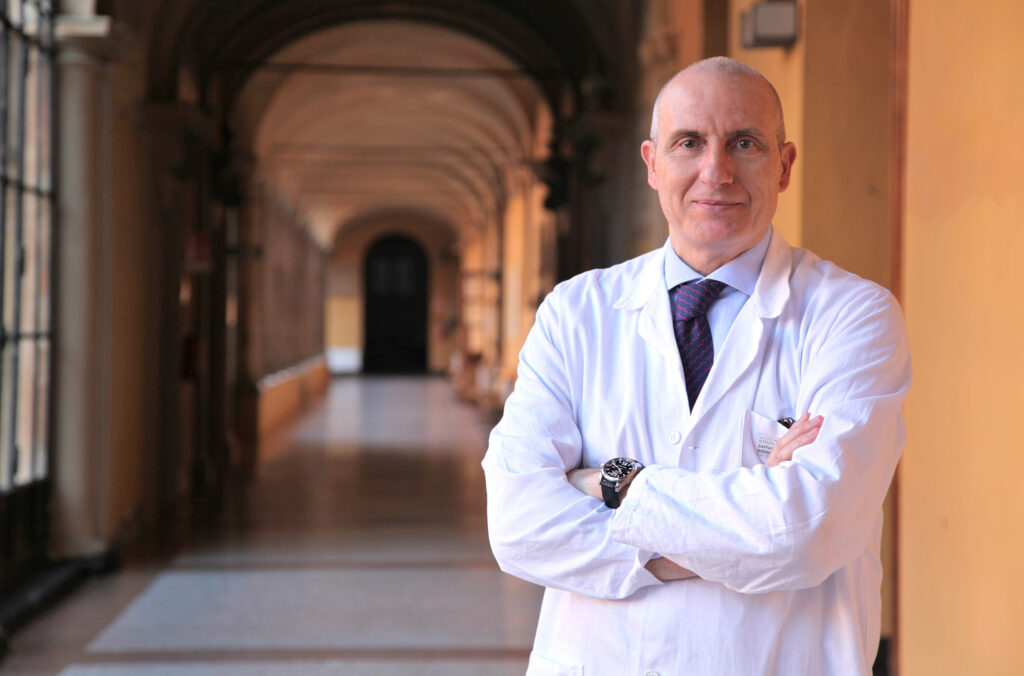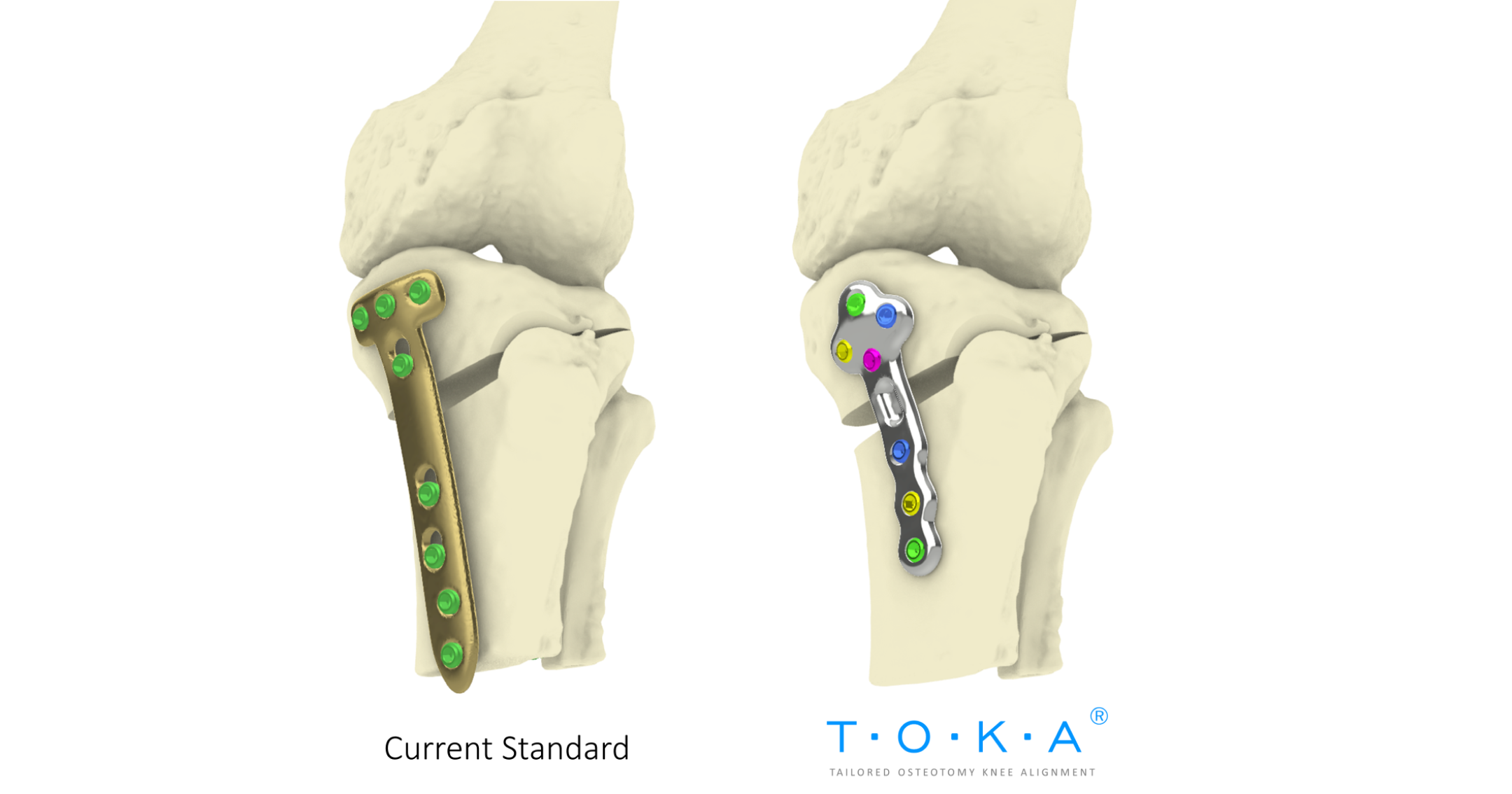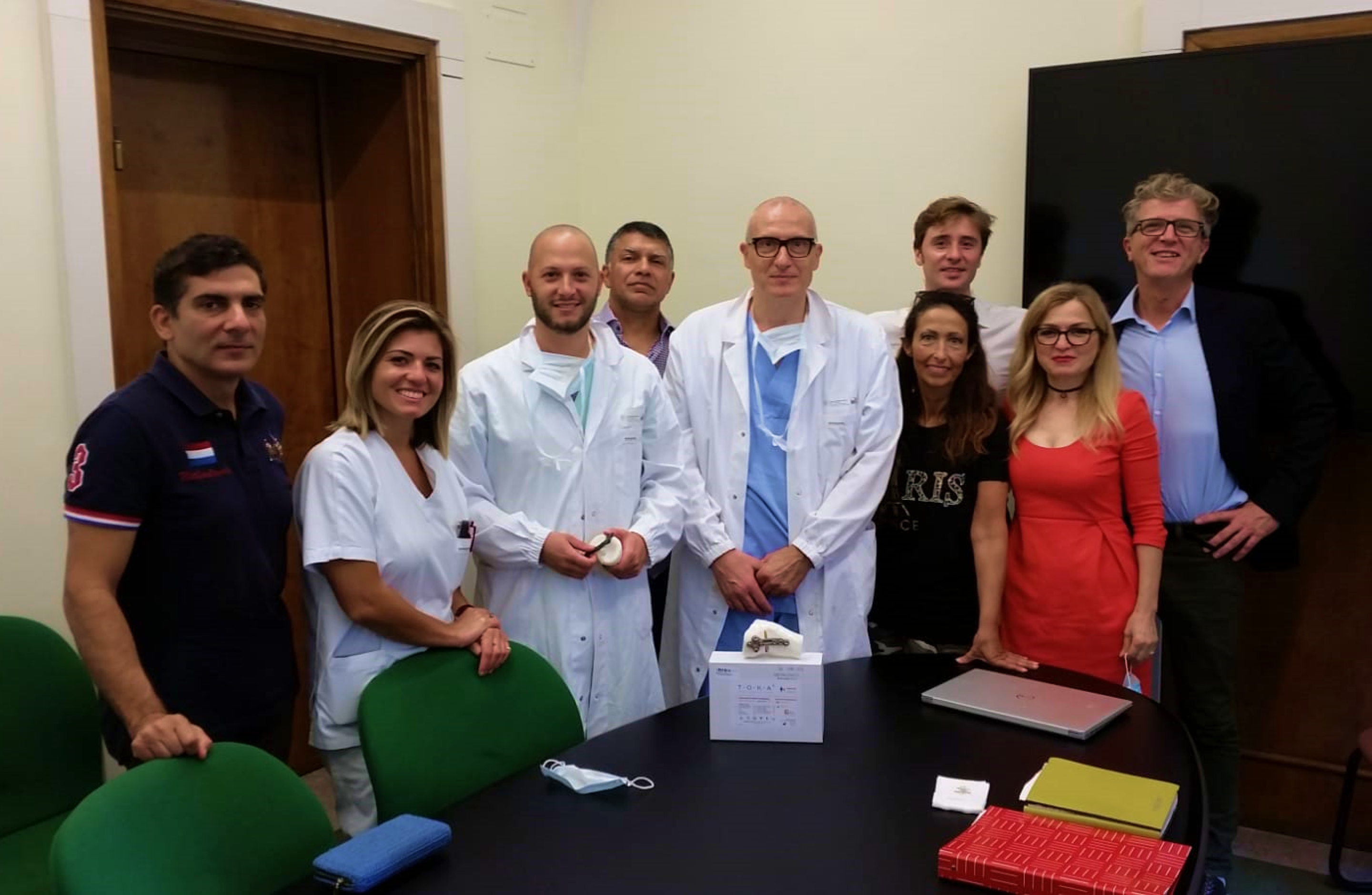The following articles are editorials from Italian specialist publishers regarding the Rizzoli-TOKA clinical studies.
Click here to read more at https://www.ortopediciesanitari.it/
Click here to read more at http://www.orthoacademy.it/
English translation:
The Rizzoli Orthopaedic Institute is conducting a clinical trial to introduce a new complete 3D planning and production system with a customised cutting guide and fixation plate, customised for each individual patient, into common surgical practice.
“There are now thousands of interventions on individual cases carried out with the help of 3D printing, but what we are doing now aims to make this routine, and therefore accessible to all patients, type of personalised intervention, now possible only in particular contexts ” explains prof. Stefano Zaffagnini, director of Clinica 2 del Rizzoli.
The study directed by Professor Zaffagnini is part of a European research project coordinated by Engineer Alberto Leardini, director of the Movement Analysis Laboratory of the Rizzoli Institute in collaboration with the biomechanical orthopaedic centre of the University of Bath, with professor Richie Gill, and from 3D Metal Printing, for the production of TOKA® customised prostheses with 3D printing technology and modelling software used by Professor Zaffagnini for the planning of operations and the design of surgical devices.

Professor. Stefano Zaffagnini
But how does it work? The first step is to do a CT scan of the patient: this is then sent to 3D Metal Printing to design the plate and create the print which is then sent to Bologna. At this point we proceed with the intervention that allows realigning the knee, delaying or even avoiding subsequent, more invasive and expensive surgeries.
The ongoing clinical investigation allows to evaluate the accuracy and effectiveness of the new procedure and to standardise the technique in order to make it accessible to a wider number of patients, bringing the production of the necessary plaque and surgical instruments to an industrial level. to implant it.
“We are still in the experimental phase, but we are confident that, at the end of the trial, it will become a consolidated practice, ready to be offered as a possibility of treatment to all patients, not only in a specialised structure such as Rizzoli but in every hospital”, concludes prof. Zaffagnini.


